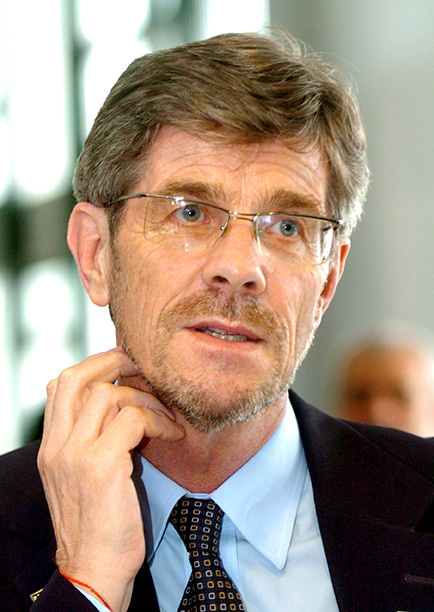The CONFINTEA VI Mid-Term Review (Suwon, South Korea, 25-27 October) took place in the context of mounting tensions between South and North Korea, of the continual rumble of conflicts in many parts of the world, of the constant flux of migrants escaping from conflict or poverty and looking for a better life, of divergent positions on climate change and of increasing political and religious intolerance in many parts of the world. Surprisingly, little was said about the most imminent tension whilst much was said about how adult learning and education could potentially contribute to a more tolerant, just and sustainable planet.
Whilst evidence on the micro level provided grounds for optimism concerning the capacity of the ground roots to create and nurture rich and exciting practices of Adult Learning and Education (ALE), concern was shown at the lack of progress in providing adult learning and education opportunities on the macro policy level to youth and adults in different countries and regions of the world. This sense of frustration led CEAAL to entitle its regional report “At a slow pace – Trying to walk faster”.
References to the cities of Suwon and Osan were frequent but perhaps the significance of their support was not spelt out. Normally global meetings are based on an agreement between UNESCO and the national government represented by its Ministry of Education. In this case, the CONFINTEA VI MTR was based on a partnership between UNESCO and two municipal governments. As we learnt over the three days of the conference and the ensuing city visits, Suwon and Osan are not just any cities, they are both excellent examples of learning cities. Cities which have made the concept of lifelong learning and education a reality. Hence the symbolism of holding this meeting in Suwon.
Although the meeting brought together over 400 participants from around 100 countries, there was an evident absence of high-level representation among the stakeholders. The presence of the Vice-Minister for Alternative and Special Education from Bolivia was a shining example of the importance given to ALE by that country. Conversely, civil society was well and actively represented. A Civil Society Forum, organised by ICAE, held on the day preceding the formal meeting, brought together over 70 participants from 50 countries representing all five regions of the planet.
The MTR meeting, organised to review the commitments and responsibilities assumed by the 144 member-states in Belém in 2009, as embodied in its outcome document, the Belém Framework for Action, took place as those same countries work to achieve the Sustainable Development Goals (SDGs), especially SDG 4 on education and lifelong learning. In their deliberations, the participants identified many areas of concern. These included the continuing gender disparities, the absence of the learners’ voice in decision-making processes and, significantly, the lack of resources and the lack of political will as expressions of the lack of political priority afforded to ALE worldwide. Adult Learning and Education were seen as critical both for the success of SDG 4 and for the achievement of the other SDGs. Given the ambitious nature of the established goals, the provision of quality education and lifelong learning opportunities to youth and adults was understood as critical to the achievement of the SDGs by 2030.
The continued paucity of indicators, especially qualitative indicators, for ALE remained a critical weakness. Indicators are fundamental in order to be able to collect effective, disaggregated and accurate information and data about adult learning and education in all its dimensions and, in particular, about that adult learning which goes on outside schools or formal institutions of education. This is particularly true of the need for more accurate data on the impact of education and learning in other fields of action – health and well-being, employment and the world of work, community, social and civic participation, etc. Whilst literacy remains “an indispensable foundation that enables young people and adults to engage in learning opportunities at all stages of the learning continuum” its mere provision is not indicative of the right to education.
In a gathering of this nature, it was impossible not to recall the important contribution of the Brazilian educator Paulo Freire to the praxis of youth and adult popular education and learning worldwide. In his closing address, the acting director of UIL reaffirmed the continuing relevance of Freire’s thinking, summed up in his aphorism that “Education does not change the world. Education changes people. People change the world”.



